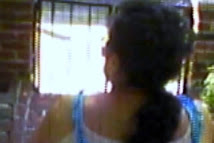Even as hundreds of priests and bishops from the U.S. to Poland have been implicated in the abuse of children, only a handful of cases have come to light in a population that accounts for about 30% of the world's Roman Catholics.
The church's power, the region's bankrupt judicial systems and a culture that abhors homosexuality have combined to create enormous barriers to claims of priestly abuse, experts say.
Few doubt that such abuses occur in Latin America with the more frequency as in other parts of the world. And here, they appear to be easier to conceal.
"Here, priests are sacred, almost godlike. They have total power. No common person is going to take them to court," said Sergio Bran, a sociologist at the University of Central America in El Salvador who has long studied the Roman Catholic Church.
At an outdoor Mass in Toronto on Sunday, the pope told hundreds of thousands of followers that ''the harm done ... to the young and vulnerable fills us all with a deep sense of sadness and shame.''
Individual cases have been reported in ecuador, panam, dominican republic, Bolivia, Colombia and Venezuela. 30 priests have been sued in connection with alleged pedophilia incidents. And former students have long accused a papal ally in Mexico of repeated abuses. The Rev. Marcial Maciel, founder of a conservative order known as the Legion of Christ, has vehemently denied the accusations.
Here in this booming suburb of factory workers and fast-food chains, it took a most uncommon man to bring to light one of the few known cases of pedophilia in Central America.





































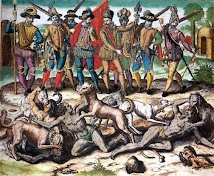

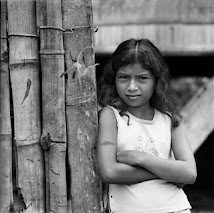

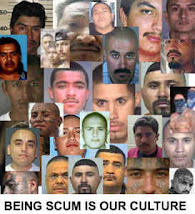.jpg)




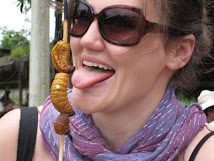

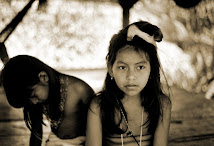.jpg)



